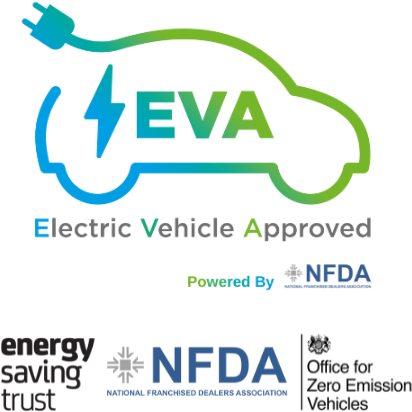
MPs to Debate Higher VAT on Public EV Charging
The disparity in VAT rates between public and home electric vehicle (EV) charging will soon be debated in Parliament. Currently, public charging is taxed at 20%, while charging at home benefits from a significantly lower 5% rate. Conservative MP Sir Christopher Chope has introduced a private member’s bill calling for the removal of VAT on public EV charging altogether.
The reduced VAT for home charging is linked to HMRC’s “de minimis” rule, which applies to smaller-scale domestic electricity usage limited to 33 kilowatt-hours daily or 1,000 kilowatt-hours per month. The bill will have its second reading on 13 June, offering MPs their first chance to debate the proposal. However, the bill must pass through several legislative stages before it can potentially become law.
Greater Manchester Scraps Clean Air Zone in Favour of Investment
Plans for a charging Clean Air Zone (CAZ) in Greater Manchester have been cancelled. Instead, the Government has approved an £86 million investment package aimed at improving the region’s air quality without imposing additional fees on drivers.
The original CAZ proposal was intended to introduce charges for non-compliant vehicles, including buses, coaches, taxis, and light goods vehicles (LGVs), while private cars were excluded. Local councils, however, provided evidence that air quality targets could be met faster through alternative methods, such as introducing cleaner buses and optimising traffic management.
The investment package includes:
- £51.1 million for upgrading buses, including 40 zero-emission models, 77 Euro VI-compliant vehicles, and charging infrastructure;
- £5 million to enhance local traffic management systems;
- £8 million to help taxi drivers transition to cleaner vehicles;
- Up to £21.9 million for administrative and monitoring expenses.
Local authorities have also been given permission to cancel contracts linked to the CAZ, such as those for signage and enforcement cameras.
Electric Vehicles Achieve Longevity on Par with Petrol and Diesel
Electric vehicles (EVs) now match the durability of petrol and diesel cars, according to a new study, marking a major milestone in the push for sustainable transport. Researchers examined nearly 300 million records from the UK Ministry of Transport (MOT) between 2005 and 2022 to evaluate vehicle reliability and lifespan across different fuel types.
The study found that battery electric vehicles (BEVs) have improved significantly over time, with their failure rates decreasing by 12% for each new model year, compared to 6.7% for petrol vehicles and 1.9% for diesels. On average, BEVs now last 18.4 years and can cover 124,000 miles, surpassing petrol cars in total mileage.
Published in Nature Energy, the research also highlights the brands with the longest-lasting vehicles. Tesla leads the way among BEVs, while Audi and Skoda are recognised as the top performers for petrol and diesel cars, respectively.






